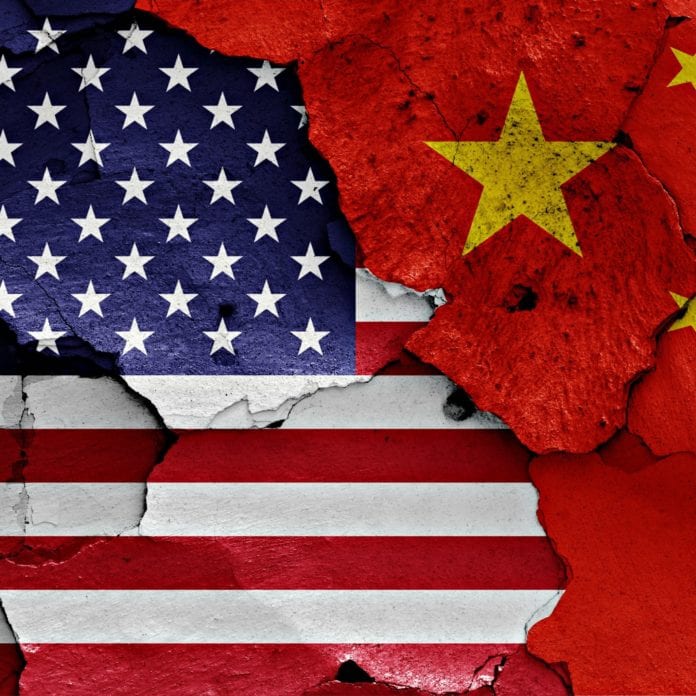Secretary of State Mike Pompeo says use of Huawei’s equipment in critical networks poses a “real risk”
U.S. Secretary of State Mike Pompeo said that countries which use Huawei’s technology in their critical networks will be risking their partnerships with the United States, both in information sharing and in locating U.S. assets such as embassies and military installations.
Pompeo said in a Fox Business interview that the Trump administration has been working for months to share information with other countries about the risks posed by using Huawei equipment, which he described as “designed by, with the express work alongside the Chinese PLA, their military in China.”
“The risk to privacy from this technology is very, very real,” Pompeo said, both for a country’s citizens and its national security, adding that the administration believes that other countries will “make good decisions when they understand that risk.”
He went on to say that “If a country adopt this and puts it in some of their critical information systems, we won’t be able to share information with them. We won’t be able to work alongside them. In some cases, there’s risk we won’t even be able to co-locate American resources — an American embassy or an American military outpost. There’s real risk and we want to make sure they know, not only the risks to their own people but their risk of being able to work alongside the United States in keeping the world safe.”
“We will be with this new technology, this 5G technology, for quite awhile and it’s important that we get it right — the world get it right– from a security perspective, at the outset,” Pompeo said.
Pompeo comments push back on recent reported findings of U.K. cybersecurity experts. The U.K. National Cyber Security Centre (NCSC) has concluded that the country has the tools to mitigate the potential risk from using Huawei equipment in 5G networks, the Financial Times reported, citing sources with knowledge of the matter.
One person familiar with the issue told the Financial Times that the British conclusion would “carry great weight” with European leaders, as the U.K. has access to sensitive U.S. intelligence via its membership of the Five Eyes intelligence sharing network.
“Other nations can make the argument that if the British are confident of mitigation against national security threats then they can also reassure their public and the US administration that they are acting in a prudent manner in continuing to allow their telecommunications service providers to use Chinese components as long as they take the kinds of precautions recommended by the British,” the person said.
Robert Hannigan, former head of GCHQ, the U.K. signals intelligence agency, also recently wrote in the Financial Times that NCSC had “never found evidence of malicious Chinese state cyber activity through Huawei” and that any “assertions that any Chinese technology in any part of a 5G network represents an unacceptable risk are nonsense.”
The Canadian government has also taken the position that it has the tools to mitigate any risks posed by the use of Huawei equipment by Canadian telecoms companies, despite warnings from U.S. Senators Marco Rubio and Mark Warner that allowing the Chinese vendor to take part in the deployment of Canada’s 5G networks could affect the sharing of sensitive and confidential information between the United States, Britain, Canada, Australia and New Zealand, which constitute the Five Eyes alliance that allows police, prosecutors and spies to exchange information to prevent espionage and terrorism.

